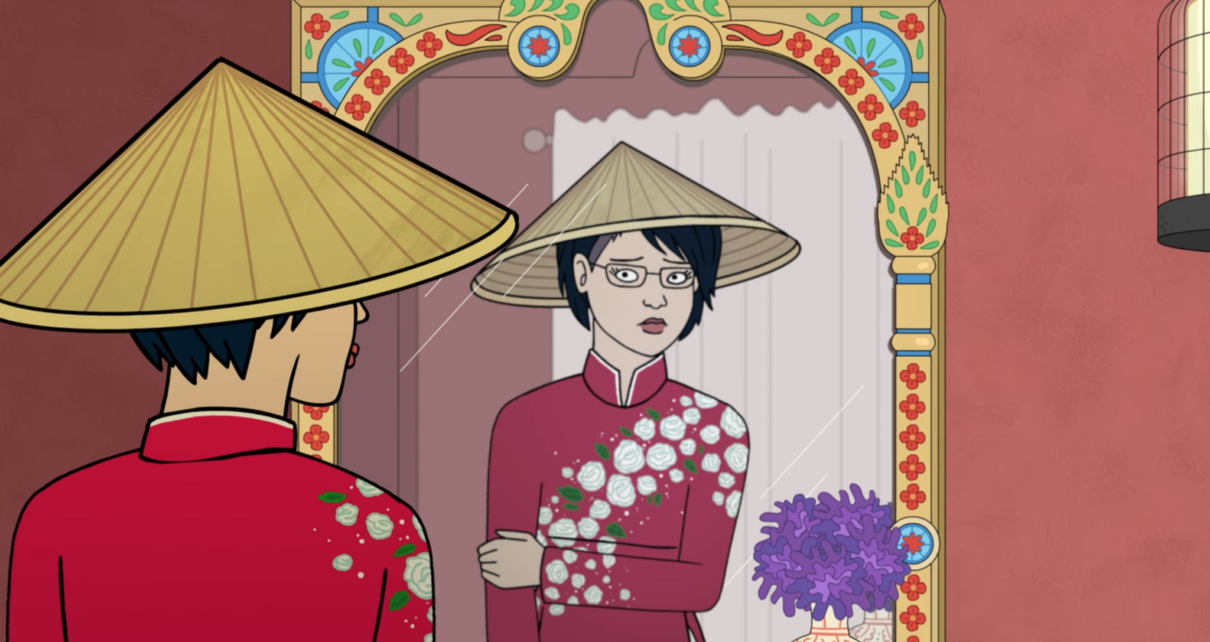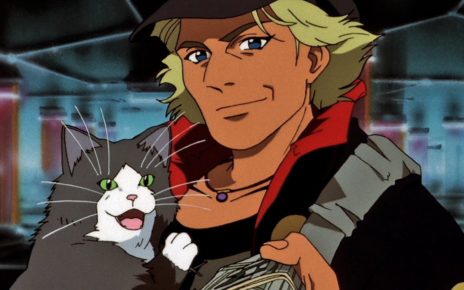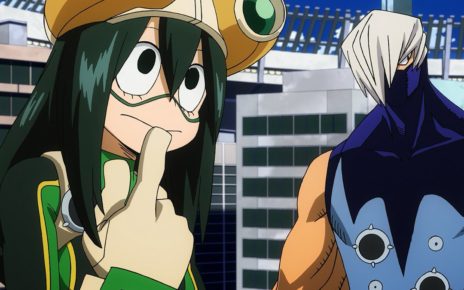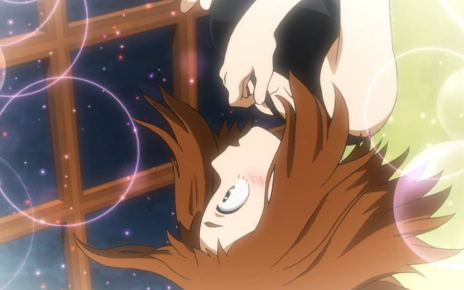
Welcome to What Horse Is He Right Now Dot Com, a collection of stories by The Dot and Line about BoJack Horseman Season 5. Spoilers for Season 5 follow.
Diane Nguyen and Mr. Peanut Butter’s divorce was one of the most realistic plotlines of Season 5 of BoJack Horseman, from Diane’s post-breakup haircut to her impromptu travel as a means of escaping her ex moving on. And wrapped up in that entire storyline was also her cultural struggle: of being a Vietnamese-American visiting Vietnam, torn between familiarity and being an outsider.
This struggle is one that I’ve faced in my life before. I’m half Puerto Rican and a mix of Polish, German, and French. I’ve been told I don’t look Puerto Rican. People try, and often fail, to find aspects of my face and mannerisms that remind them of what they expect from a Puerto Rican (editor’s note: please don’t do this to people — this is stereotyping, and it is also obnoxious).
Usually the conversation goes: “Ortiz? Where is that from?” “Puerto Rico.” “Oh. You don’t look Puerto Rican.” My (fair-skinned, blue-eyed, light brown-haired) grandma’s response is one I ultimately adopted for these situations: “What the hell does a Puerto Rican even look like?”
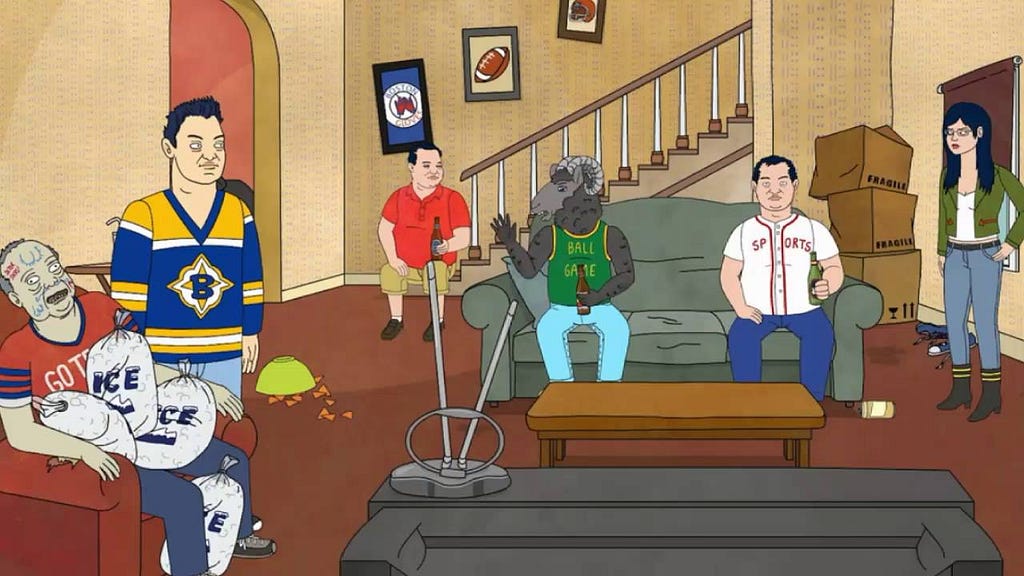
“Dad, where are we from?” “We’re from Boston, dummy.”
Except for me it was simply: “We’re Americans.”
Growing up, my Puerto Rican background wasn’t something my family ever really talked about. I can only speculate that this is due to a desire to Americanize and fit in, similar to how Diane’s family seems to represent themselves. Their Boston pride outweighs their pride for their heritage, despite her dad being a professor on that exact subject. My family was already white-passing enough that you wouldn’t know where they were from if you didn’t know their last names, and ultimately, they wanted an easier life for us that didn’t come with the burdens of discrimination. Like we can surmise about Diane’s childhood, she wasn’t taught Vietnamese, had never visited before, and ultimately ended up living the same sheltered suburban lifestyle I did.
We get a limited glimpse of Diane’s perspective on her culture until her visit, but there’s often a lot of struggle that comes with it, especially when you aren’t given the resources or have any pride instilled by family.
“You came here looking to reconnect with your roots. But now you feel stupid for even thinking that was possible. You put on the clothing you bought, and it feels like a costume. This is not your home. You’re a tourist here.”
I think it’s something that a lot of mixed background folks also go through: This feeling of being stuck in between multiple places, never feeling like you truly fit in with any of them. When I was in high school, Latinxs in my school rolled their eyes and joked about how Puerto Ricans never teach their kids Spanish, while white kids called me slurs and made racist jokes at my expense. You don’t speak the language of your background(s), you don’t find the sense of community you’re looking for when you visit, and when you come back home, large swaths of people don’t allow you into their groups because you don’t fit their preconceived notions of how you should look and act and sound. Like Diane trying to help a stranger find her son before getting slapped away, your good intentions never seem to be enough.
Similar to Diane’s visit to Vietnam, I visited Puerto Rico. I wasn’t going through a breakup, nor was I leaving the country to escape my problems, but I did feel the weird dissonance of being a tourist in a place that vaguely felt like home. I remember feeling a sense of pride when people approached me speaking Spanish before speaking English, even though I wasn’t able to communicate with them.
While you definitely do the touristy things and take the touristy photos and try to learn as much as possible, there are moments, pangs of emptiness, where you wonder about the families who actually live there. Diane embracing that by pretending to be a local seducing an American man is the most meta way of dealing with it. In a way, she comes full circle as an outsider to seeing an American man as an outsider. It’s kind of glorious, honestly.
Sometimes, slapping a label on yourself is comforting, because otherwise, you’re just drifting through these communities, waiting for someone to accept you as you are without a need to provide a rehearsed explanation of caveats. I’m an American, just like I’m a Puerto Rican woman. But they’re both two worlds that I’m slightly removed from.
“This is Diane, by the way,” Diane tells BoJack over the phone as she sits on the plane, ready to go back to LA.
“Nguyen?”
“Yeah,” she responds. “Nguyen.”

Thanks for reading The Dot and Line, where we talk about animation of all kinds. Don’t forget to for this article and follow us on Twitter and Facebook.


